Enter a surname, town name or other keyword to search the database. Remember to
allow for the different spellings of 'Mc' and 'Mac.' Good luck!
{Search tips: Use single word search terms for more results}
You must enter some valid character(s) into the search field
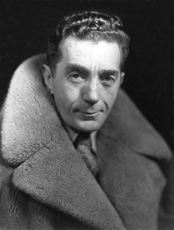
Reference: 30704f
Author Ronald MacDonald Dougla...
|
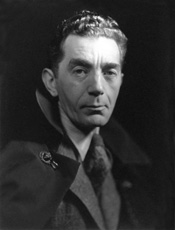
Reference: 30704e
Author Ronald MacDonald Dougla...
|
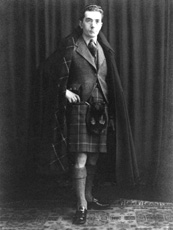
Reference: 30704d
Author Ronald MacDonald Dougla...
|
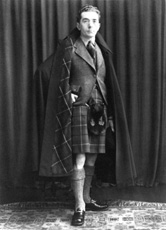
Reference: 30704c
Author Ronald MacDonald Dougla...
|
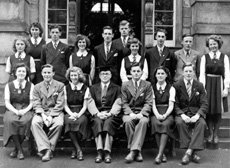
Reference: IRAA
Inverness Royal Academy Prefec...
|
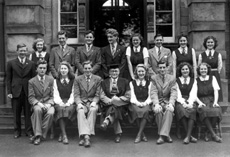
Reference: IRAA
Inverness Royal Academy Prefec...
|
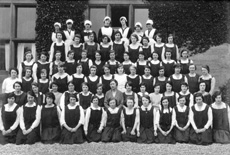
Reference: IRAA
The Inverness Royal Academy Wa...
|
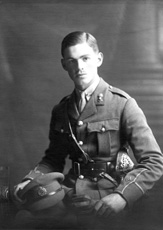
Reference: IRAA
Charles Granville Barry Greave...
|
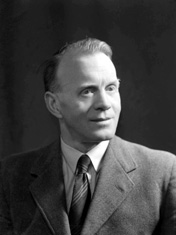
Reference: 41486a
Chief Constable William Fraser...
|
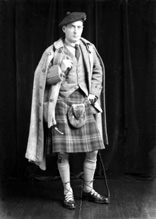
Reference: H-0238
Sir Compton Mackenzie, (1883-1...
|
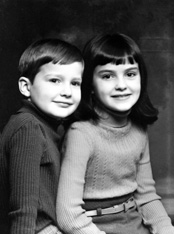
Reference: 48400d
Mrs Barron, Nairn....
|
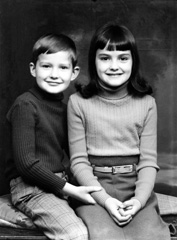
Reference: 48400c
Mrs Barron, Nairn....
|